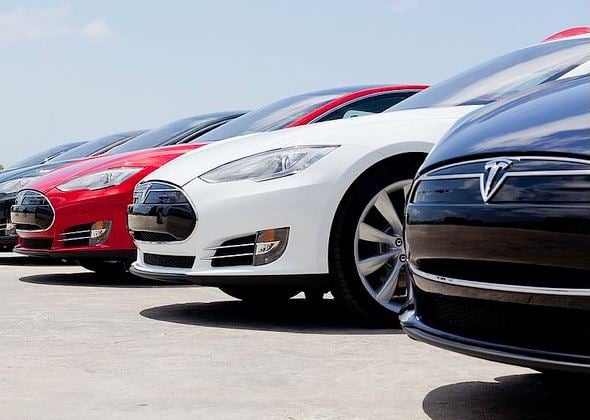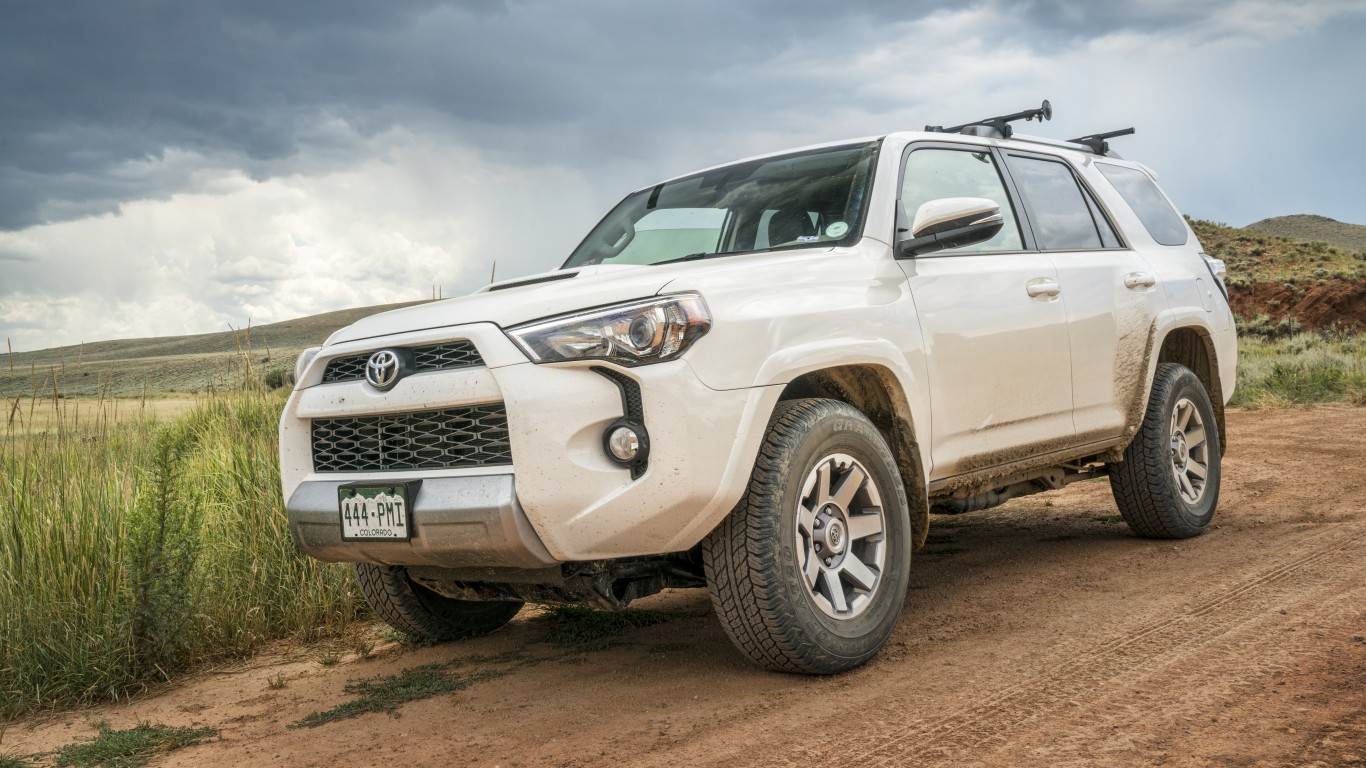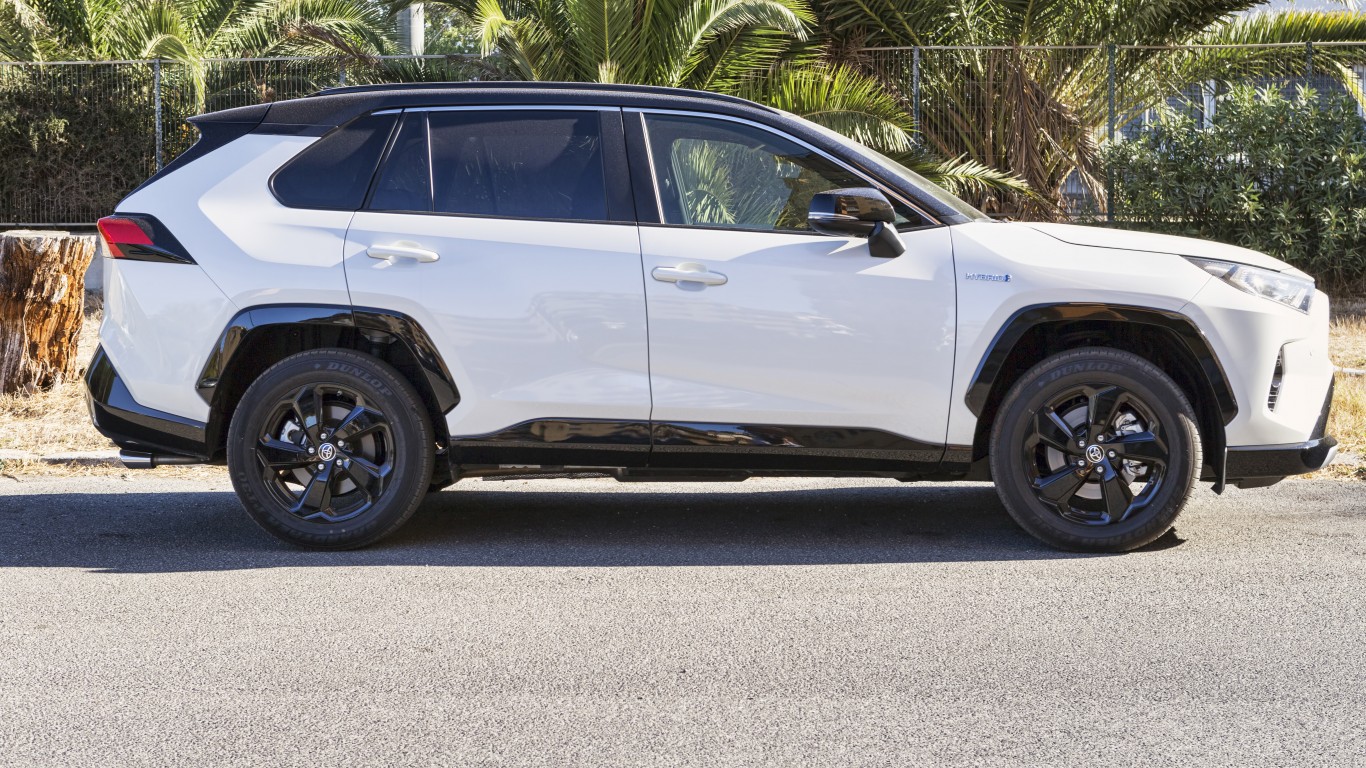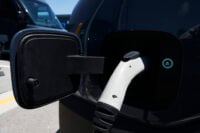
Source: courtesy of Tesla Motors
Because these are state laws, they tend to offer more protection to dealers than to manufacturers. According to a study published in 2010 in the Journal of Economic Perspectives, “The net effect of all these [franchise] laws is to raise profits for car dealers.” Because the issue is basically economic, it is pretty clear why Tesla Motors Inc. (NASDAQ: TSLA) has run into so many obstacles for trying to set up its own chain of retail outlets.
As of last March, just four states and the District of Columbia allowed Tesla legally to sell as many cars as it could in retail outlets the company owned: California, Nevada, New Hampshire and Washington. Four other states — Colorado, New York, Pennsylvania and Virginia — allowed sales with some restrictions on the total number of sales or the number of stores in the state.
In June the North Carolina House of Representatives tossed out a bill that would have banned sales in the state. In Minnesota, auto dealers dropped their efforts to pass a bill in the state legislature to ban Tesla’s direct sales model. Earlier this month, Tesla succeeded in overturning a Massachusetts law prohibiting the company from selling cars in the state. All three states now have Tesla sales locations.
The company is about to open a store in Connecticut and already has stores in Florida and one in Georgia. Hawaii, Illinois, Indiana, Missouri, Ohio, Oregon and Tennessee and are also listed at Tesla’s website as having store locations.
ALSO READ: Tesla’s Risky Over-the-Air Software Update Program
Tesla is barred from selling cars directly in just four states: Arizona, Maryland, New Jersey and Texas. The company has established galleries in these four states where customers can kick the tires and maybe even get a test drive, but they are unable to buy a car. Customers are forced to order the cars from Tesla’s website or buy one in a nearby state.
These are 26 states where Tesla does not operate either a store or a gallery:
- Alabama
- Alaska
- Arkansas
- Delaware
- Idaho
- Iowa
- Kansas
- Kentucky
- Louisiana
- Maine
- Michigan
- Mississippi
- Montana
- Nebraska
- New Hampshire
- New Mexico
- North Dakota
- Oklahoma
- Rhode Island
- South Carolina
- South Dakota
- Utah
- Vermont
- West Virginia
- Wisconsin
- Wyoming
The fear among auto dealers is that if Tesla is exempted from franchise laws, what about a Chinese automaker that wants to start selling cars in the United States? And what’s to stop U.S. and other car makers from trying an end-around on the dealers? Ford Motor Co. (NYSE: F) and the predecessor to the current General Motors Co. (NYSE: GM) tried setting up subsidiaries in the late 1990s that could sell directly to consumers. The idea got no love from dealers and disappeared without a trace.
Tesla’s shares closed down more than 3.5% Monday to $250.03, and they were down again in premarket trading on Tuesday. Over the past year, they have traded in a range of $116.10 to $291.42.
ALSO READ: America’s Richest (and Poorest) States
Take This Retirement Quiz To Get Matched With An Advisor Now (Sponsored)
Are you ready for retirement? Planning for retirement can be overwhelming, that’s why it could be a good idea to speak to a fiduciary financial advisor about your goals today.
Start by taking this retirement quiz right here from SmartAsset that will match you with up to 3 financial advisors that serve your area and beyond in 5 minutes. Smart Asset is now matching over 50,000 people a month.
Click here now to get started.
Thank you for reading! Have some feedback for us?
Contact the 24/7 Wall St. editorial team.



